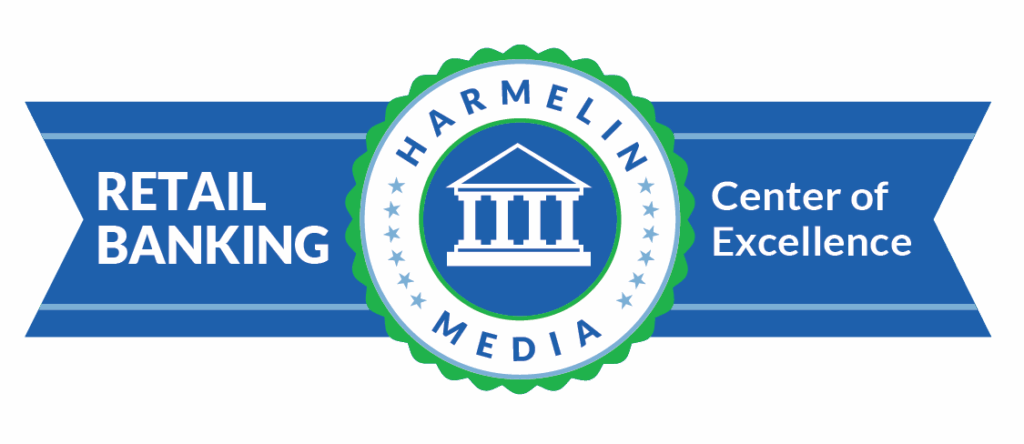
Retail Banking continues to evolve, driven by shifting consumer expectations, digital innovation, and strategic partnerships.

Banks Are Failing at Personalization. Only 23% of consumers get tailored advice from their bank. In a recent Financial Brand article, it’s noted that personalization can unlock loyalty and growth, but banks must overcome internal silos and regulatory hesitations to unlock its full potential.
Personalization Insights: Why Banks Struggle and How to Improve
Most banks still rely heavily on financial metrics like FICO scores to determine product eligibility, but that’s not enough anymore. Behavioral and life-stage data, like spending habits, transaction history, and lifestyle patterns, offer a much richer picture of what customers truly need. Early engagement builds trust and improves cross-sell success.
Marketing, customer service, and risk teams often operate in isolation, which leads to fragmented and inconsistent customer experiences. To fix this, banks need cross-functional collaboration and shared data strategies.
Personalization works best when it’s built on trust. Banks should engage customers early in their financial journey with helpful, non-salesy support. For example, instead of pushing a refinancing offer, a bank could help a customer plan for homeownership based on their savings behavior. This kind of life-stage engagement builds credibility and sets the stage for more successful cross-sell opportunities down the line.

The In-Person Banking Experience Is Still Valued. While digital is rising, Mintel reports physical bank locations still matter. While Gen Z and Millennials are more open to switching banks, often driven by rewards and sign-up bonuses, older generations prioritize stability and long-term relationships with their primary financial institutions.
In-Person Banking Insights: Why Branches Still Matter
Over 80% of consumers say it’s important that their bank has a physical location nearby, especially for complex financial needs.
Gen Z and Millennials are more likely to switch banks for better rewards, while Boomers and Gen Xers value consistency.
Tailored advisory services during branch visits can help improve financial health and build long-term loyalty.
Source: https://store.mintel.com/report/us-banking-experience-market-report

Regional banks are teaming up with private credit firms to stay competitive, a strategy Deloitte recently highlighted as reshaping lending and growth. These partnerships allow banks to expand their services without taking on all the risk themselves.
Regional banks have strong relationships with mid-market companies and their local markets that private credit firms want to reach.
Regional Bank Growth Insights: Leveraging Private Credit Partnerships
Private credit is emerging as one of the fastest-growing areas in financial services, and regional banks are well positioned to benefit. As competition from larger national players and digital-only institutions increases, these banks can turn to partnerships with private credit firms to expand lending capabilities and diversify revenue streams.
Regional banks can connect private credit firms with borrowers that are too small for public markets but still need capital. Banks don’t need a one-size-fits-all approach. They can participate through deal sourcing, optional co-investment, joint ventures, or direct lending, depending on how much capital and risk they want to allocate. This flexibility allows regional institutions to choose the level of involvement that aligns with their strategic goals.
Most importantly, these partnerships help banks scale without overextending their balance sheets. By sharing or offloading portions of credit risk, regional institutions remain agile and resilient. This makes them better equipped to adapt to shifting economic conditions while continuing to serve local communities with tailored financial solutions.
Together, these dynamics position regional banks not just to survive, but to thrive, by turning private credit collaboration into a growth engine that complements their traditional strengths.
For more information, visit harmelin.com, or connect with us on LinkedIn or Facebook.





